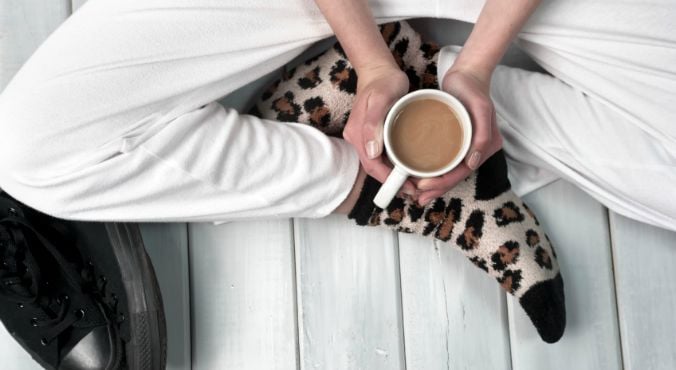
Image via iStock.
We often associate the concept of ‘looking after yourself’ with our physical health. As such, we make an effort to eat a healthy, balanced diet (with room for the occasional cronut and pizza, of course) and squeeze exercise in where we can.
Looking after your mental health, however, is not quite as straightforward – though it’s certainly just as important.
It turns out that there are many daily habits and behaviours that can affect your wellbeing without you even realising it. Here are nine of them to keep in mind.
1. Not exercising enough.
Yes, it’s hard to get excited about a gym class when it’s so cosy in bed and you have two seasons of Mad Men to catch up on. However, getting active doesn’t only benefit you physically: it can also help you manage feelings of stress, anxiety and depression.
According to the Black Dog Institute, exercise increases your energy levels, helps you sleep better and acts as a distraction from your worries; research also indicates people who exercise regularly experience fewer depression and anxiety symptoms.
2. Bad posture.
Did your parents lecture you incessantly about standing up straight when you were a teenager? They were onto a good thing, because the way you hold your body can affect both your muscles and your mood.
A small study last year found bad posture was associated with feelings of social fear, hostility and nervousness, while good posture inspired higher self-esteem and fewer negative emotions. Another very good reason to not channel the Hunchback of Notre Dame at your desk, hmm?


